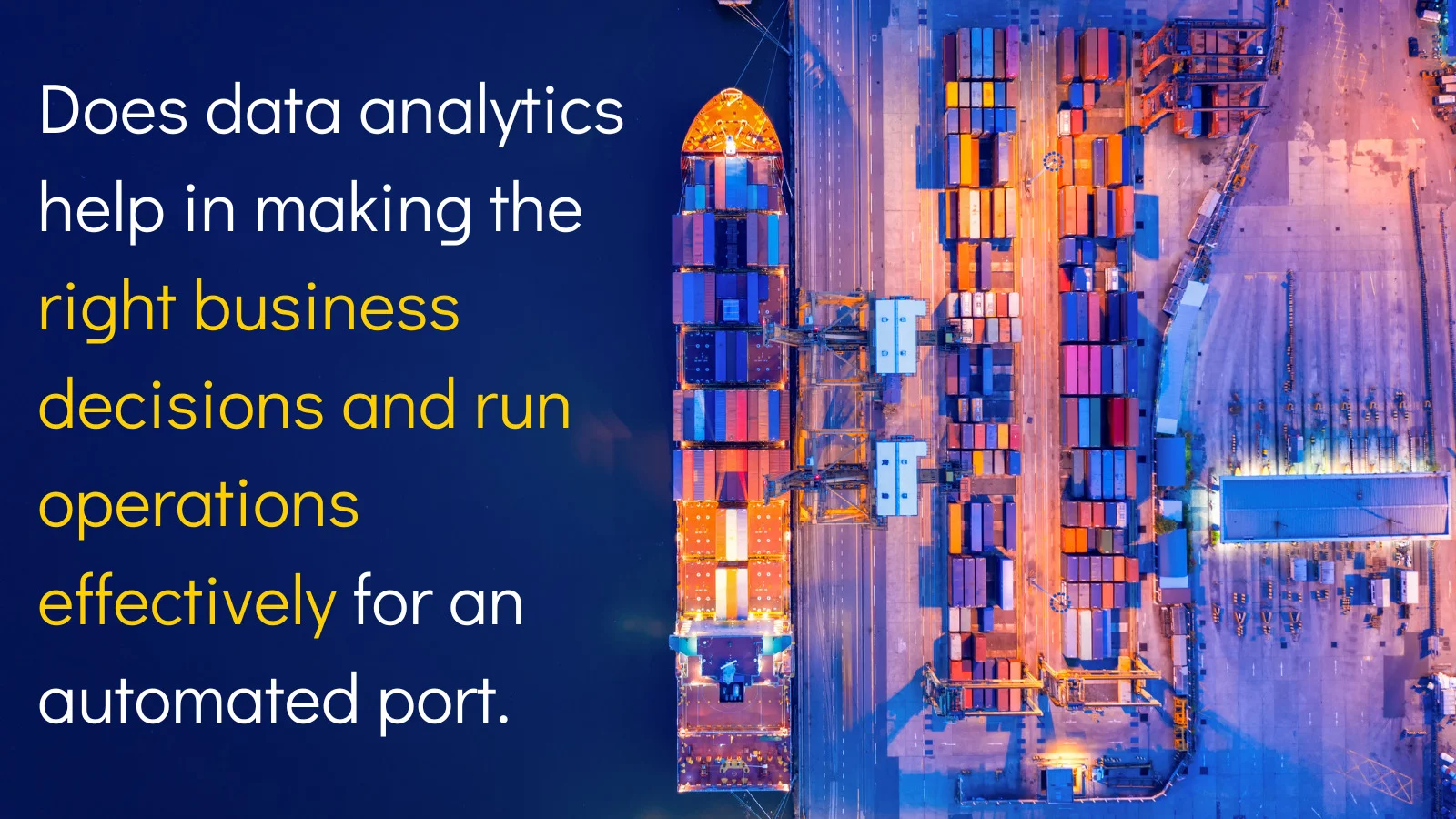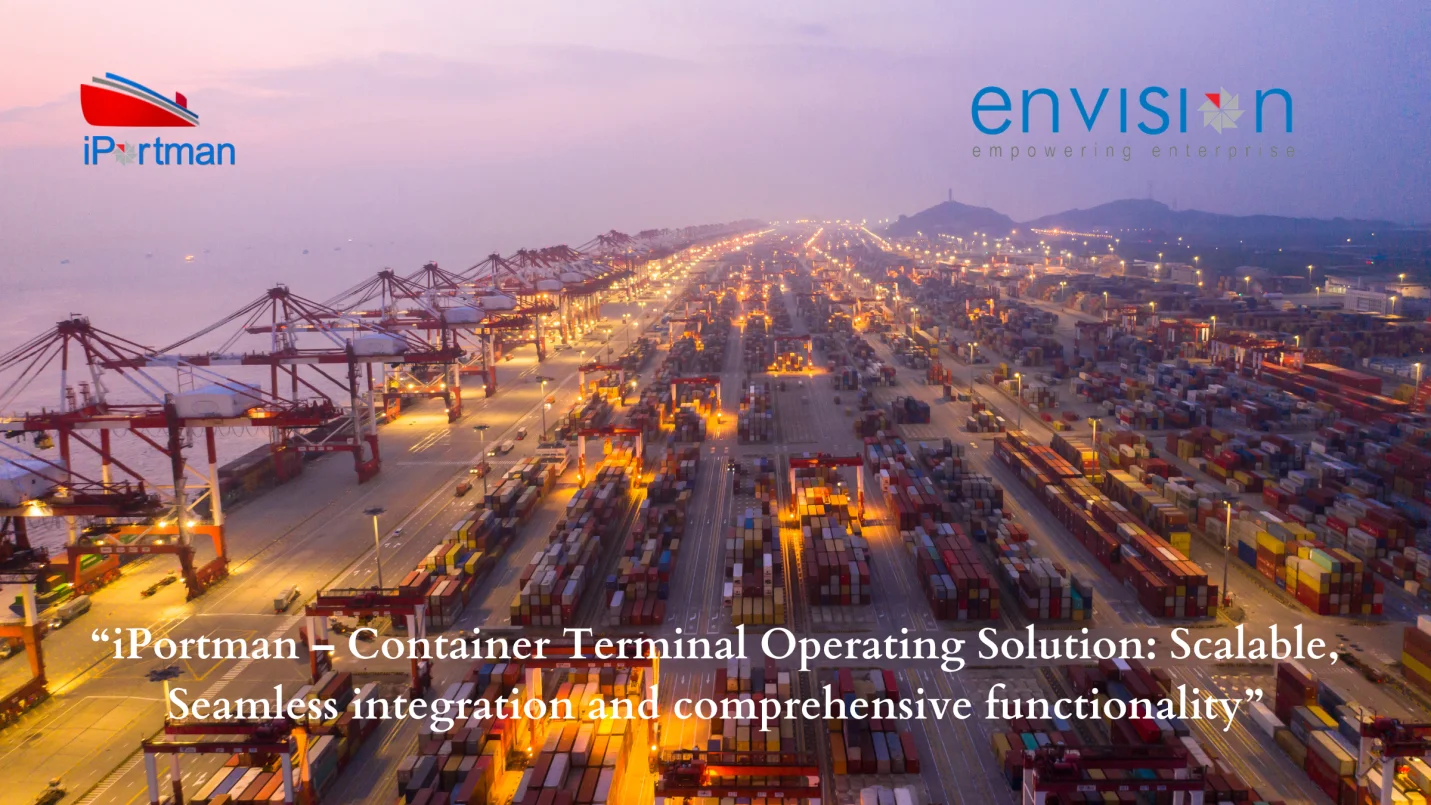Envision
Truck/Vehicle Booking System(VBS)

Table of content
1. Introduction
2. Why VBS?
3. How a VBS is operating?
4. What are the main features of VBS?
One significant and complicated problem that the majority of ports are currently dealing with is port congestion. The ports become congested due to cargoes that are left in the port for import products and tardy cargo delivery. A solid and organized method for hiring vehicles can provide a clear answer to the issue. A specially designed software called Vehicle Booking System (also known as a Truck Appointment System or VBS) enables terminal operators to arrange the arrival and movement of trucks in the terminal.
Why VBS?
The primary goals of the vehicle booking system are:
• Control and plan the loading and dropping of shipping containers at the best possible level.
• Improve the use of internal assets.
• Avoid obstruction.
• Expand throughput capability.
• Reduce emissions while enhancing security.
VBS can integrate gate operating systems, yard management systems, and other terminal-available systems, among other options.
However, using a VBS also helps hauling businesses and truck drivers since it enables them to better plan their own operations and prevents them from wasting time and fuel while waiting in line in front of the terminal gate. A VBS is typically used in sea container terminals to help maritime logistics, although it can also be beneficial for intermodal and railroad freight transit operations.
How a VBS is operating?
Registration - The cargo hauling company or transport vendor registers with the VBS portal to get access to the scheduled operation. Registration involves the submission of the application form with company information.
Scheduling - When there’s a need to enter the terminal, the carrier books an available time slot in advance, submitting the vehicle information and associated container details. Without such an appointment, automated ports/terminals will not let vehicles in the facility. There are facilities included in the system where we can provide alternative vehicle details if the already allocated vehicle cannot operate.
Arrival and verification - Once the vehicle arrives, the gate staff or automated system validates the vehicle details against pre-registered ones. Some systems verify the driver as well through ID scanning or biometrics check. There are system which is having access to the vehicle details from a certain distance. If the port authorities have found discrepancy during gate-in procedure, they will not allow the vehicle to enter into the port.
Loading/unloading - The vehicle proceeds to the corresponding berth/warehouse/container depot to load or unload freight. Personnel's need to load or unload within the permitted time. This is to avoid crowding in berth/warehouse/yard premises.
Billing - The carrier is charged for booked appointments. Typically, invoices are issued on a monthly basis. As you can see, a VBS not only helps with scheduling and managing incoming and outgoing traffic, but also adds value to other processes, i.e., gate operations, billing, data collection, and so on.
What are the main features of VBS?
Scheduling
As cited above, primary function of a VBS is to arrange appointments. The system has to generate time slots according to predefined business rules for a predefined number of trucks. A VBS constantly updates available capacity so that no overbooking happens in peak times. The scheduling is allocated as per operation (stuffing/DE stuffing, full container load /less than container load). In the system the carriers can calculate their ETA and book a convenient slot.
When the booking is created and confirmed, carriers might need to export it to various formats or print it out. They might also want SMS or email instructions on passing the gate to be sent directly to drivers. It allows drivers to readjust their appointment in case of delays or other changes. Business rules in different terminals might vary, sometimes not allowing for late rescheduling or cancelling the appointment automatically if no container details are provided.
Gate management
Accurate scheduling helps solve congestion problems both at the berth/warehouse/yard and the terminal gate. Verification and administration processes at truck gates can consume more time if done manually. However, when all the essential vehicle, driver, and container information is pre-registered, gate staff or automated security systems can quickly identify and verify vehicles and prevent bottlenecks, allowing trucks to efficiently go in and out of the terminal. Fully automated systems are equipped with cameras and sensors that detect the vehicle details.
Billing
Booking appointments in VBS is a billable activity that has to be accurately captured. Charges depend on the time and day, as well as several other criteria. The vendors may have to pay fine if they are taking lag in cargo operation as it deviates the given time zone. All these activities must be recorded, added to the total invoice, and sent to the carrier.
Data collection and analysis
Data analytics is an important business process for any organization. Port officials can track gate metrics (number of arrivals, types of freight, types of incoming vehicles, waiting time, etc.), carrier metrics (number of bookings per carrier, number of used/rescheduled/cancelled bookings, number of no-shows, etc.), financial results, and so on.
Knowing these operational indicators and combining them with other facility metrics, terminal operators and managers can get fuller visibility, understand gate capacity and traffic patterns, and make informed decisions on their landside activities, asset utilization, further modernization and investment, and so on.
Providing carriers access to vessel schedules and container availability will greatly assist them with scheduling their appointments. Consider creating a search interface and an online information board about ship arrivals and status.
Envision’s - iPortman Vehicle Booking System (VBS) and Gate Management features
Vehicle booking system (VBS) is the online entry / exit reservation system; it will allow user to allocate entry permits on an hourly PR daily basis into the port.
Services
• Booking Restrictions
• Schedule Booking
• View Booking Details
• Booking Validation
• Auto SMS confirmation for bookings
• Cancel Booking
• Printing Booking Details (Downloading PDF File)
Reports
• Daily Bookings
• Monthly Early / Late for entry / exit
• Monthly Analysis Report for booked / cancelled / processed
• Yearly Analysis Reports for booked / cancelled / processed
• Cancel Bookings
Dashboards
• Hourly traffic status
• Daily Bookings Hourly basis
Talk to us today to know how our solutions can accelerate your digital transformation
Let's Talk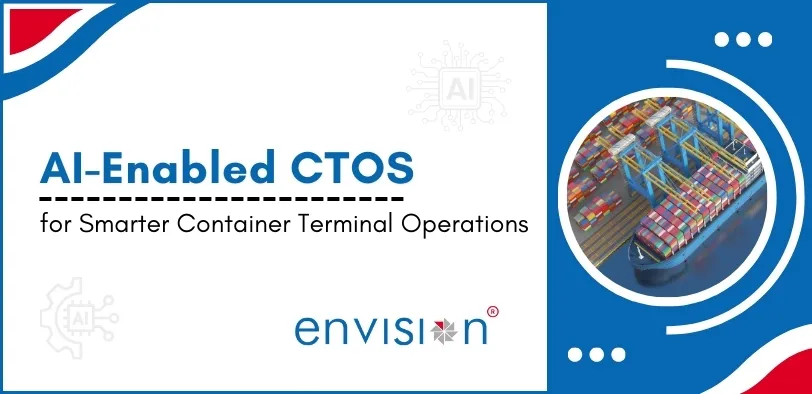
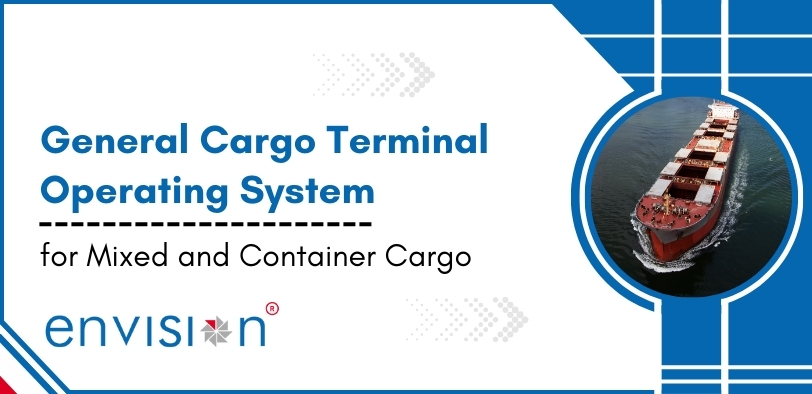
.webp)
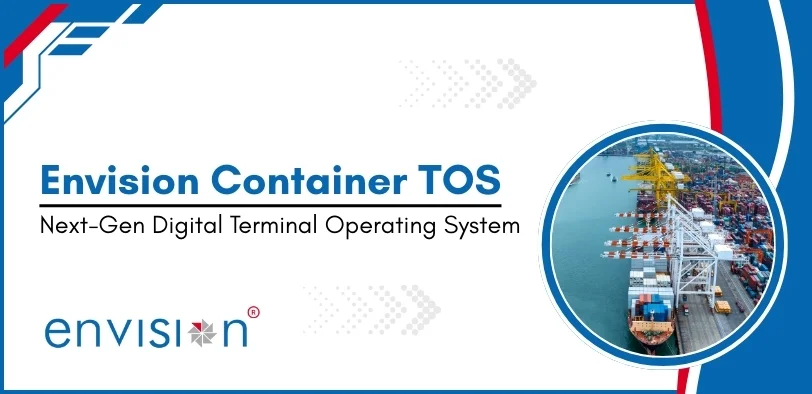
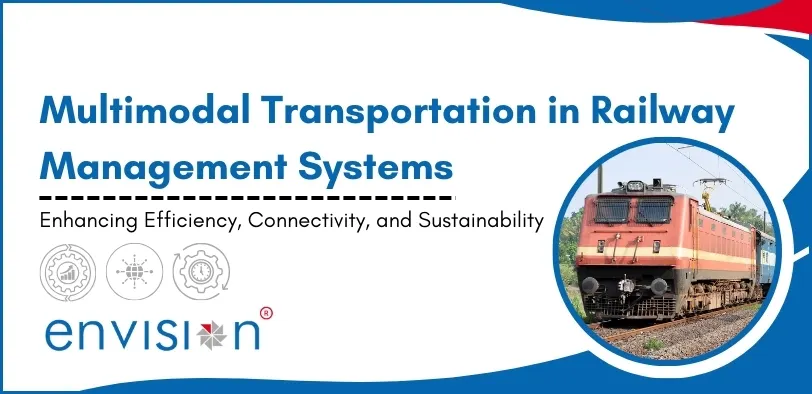


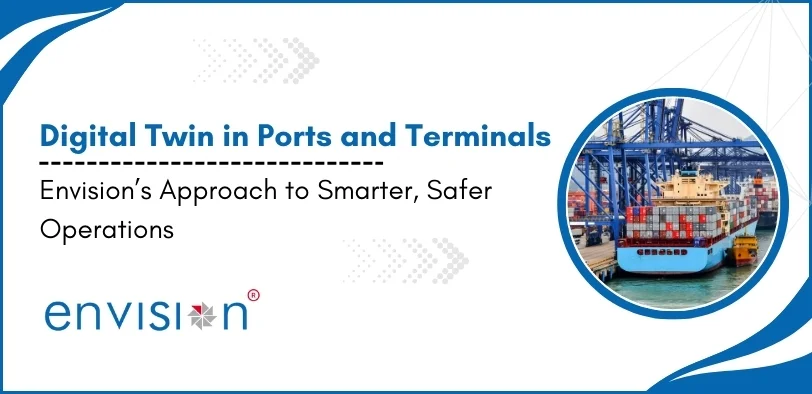
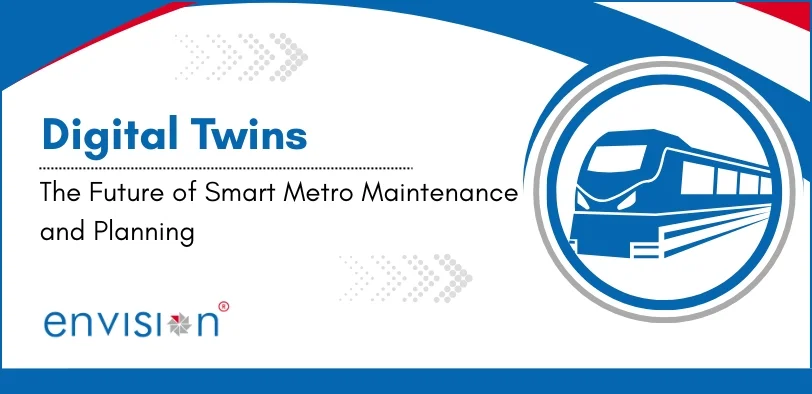
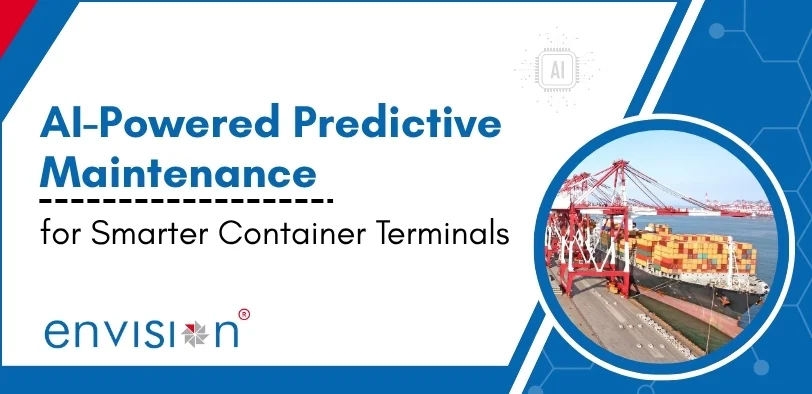
.webp)
.webp)
.webp)
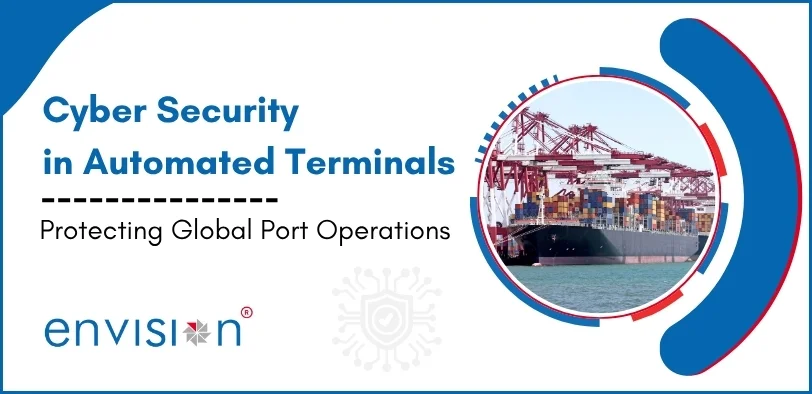
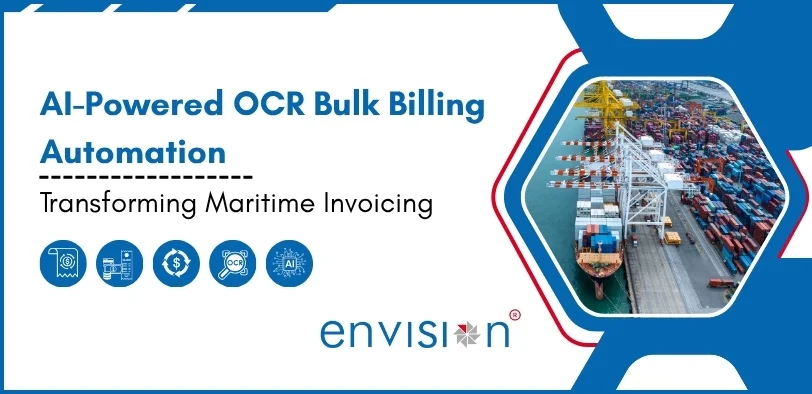
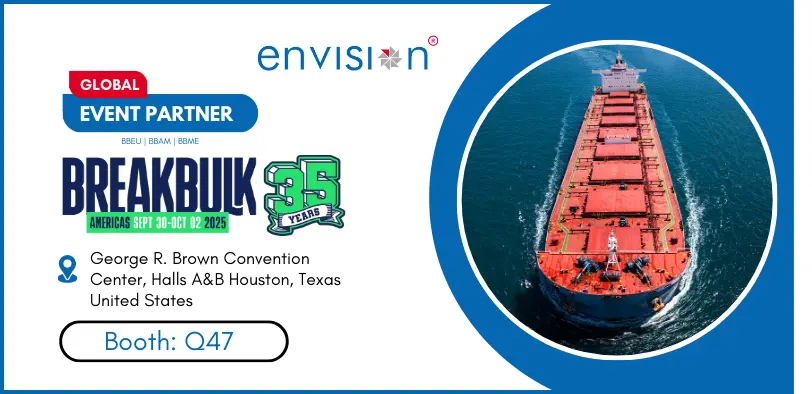
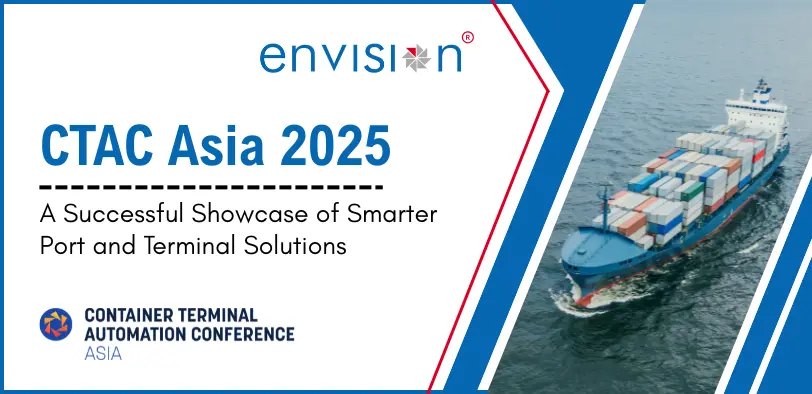
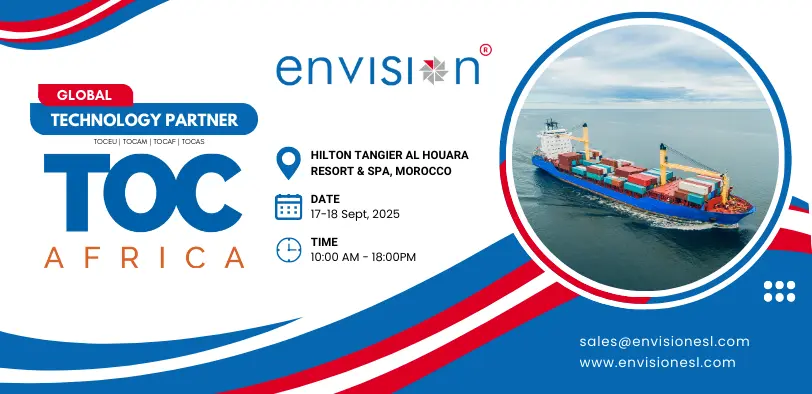
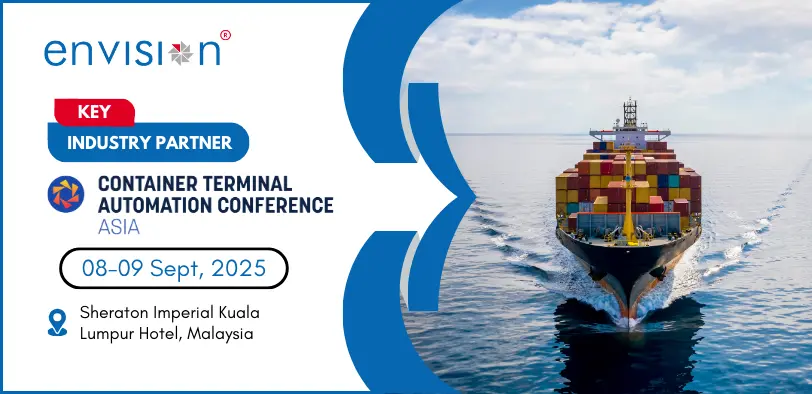
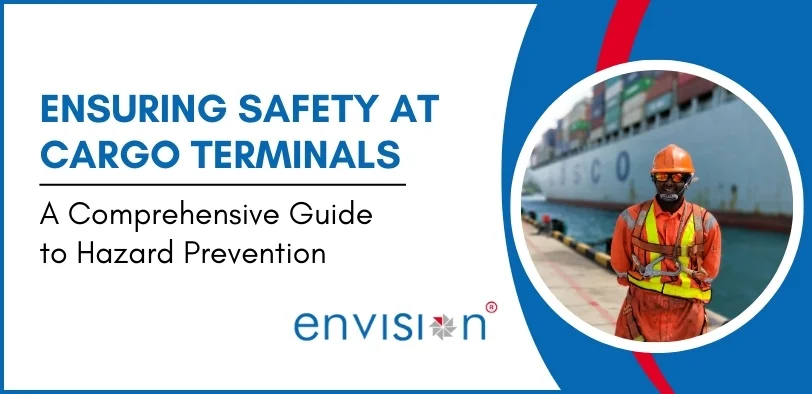
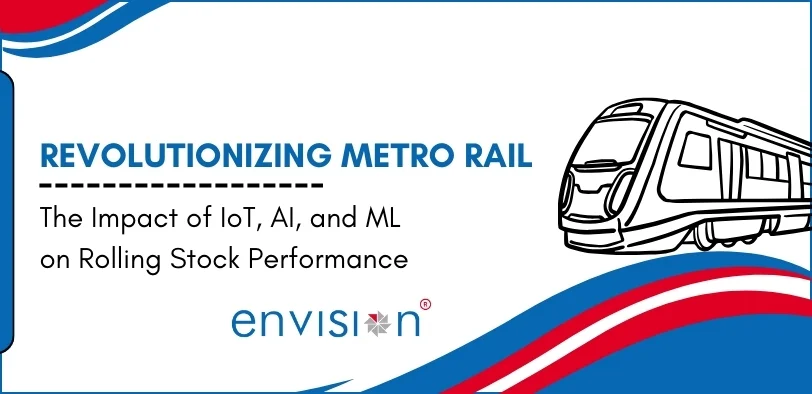
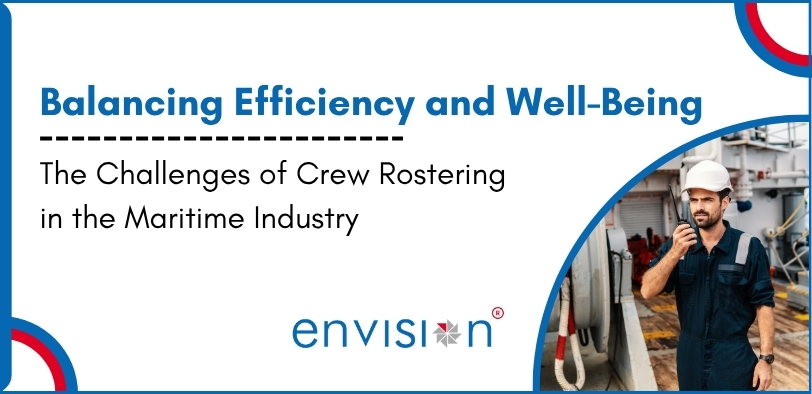
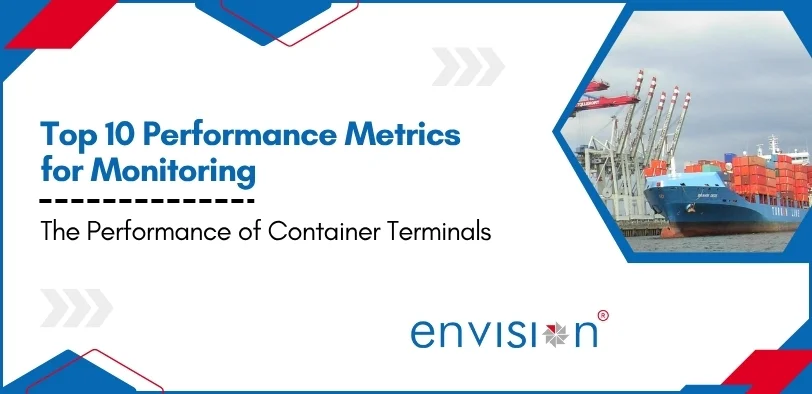
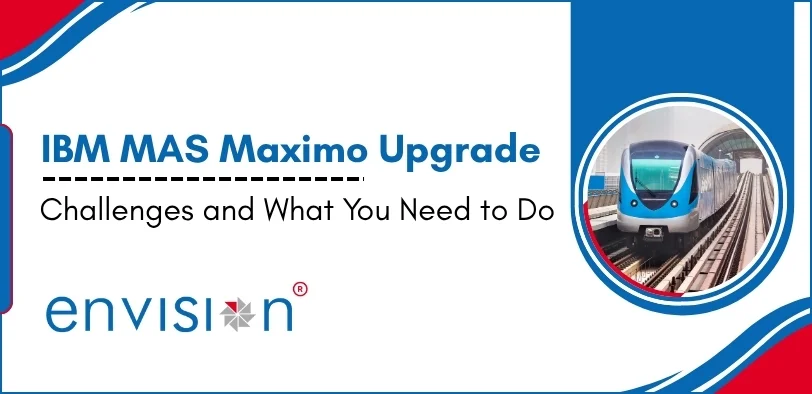
.webp)
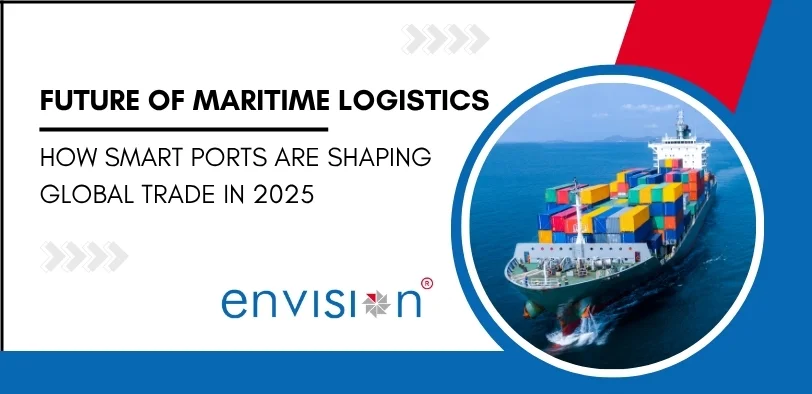







%20ver1_1.webp)







.webp)
.png)
.png)












